Dhaka, Sept 5 (V7N) – Eid-e-Milad-un-Nabi, the commemoration of the birth and passing of Prophet Muhammad (Peace Be Upon Him), holds profound spiritual significance for Muslims across the globe. This day marks the arrival of the final Messenger of Islam, whose life and teachings continue to inspire humanity.
The term “Eid-e-Milad-un-Nabi” originates from three Arabic words: “Eid,” meaning joy or celebration; “Milad,” meaning birth; and “Nabi,” meaning prophet. Together, the phrase translates to “the celebration of the Prophet’s birth.” For the Muslim ummah, it is a day of immense reverence and reflection.
Nearly 1,446 years ago, at a time when humanity was engulfed in social unrest, political tyranny, and moral decline, Prophet Muhammad (PBUH) emerged as a guide and reformer. Through his exemplary character, justice, and divine message, he transformed a society once branded as “barbaric” into one of the most enlightened communities in history.
Islamic scholars note that this transformation was rooted in the Prophet’s unparalleled dedication to truth, compassion, and justice. The Holy Qur’an describes the early followers of the Prophet, the Muhajirun (migrants) and Ansar (helpers), as those with whom Allah is pleased, promising them eternal paradise (Surah At-Tawbah: 100).
Before his arrival, the Arabian Peninsula was plagued by tribal conflicts, economic inequality, and moral degradation. Within a short period, his message united communities, abolished entrenched injustices, and set a foundation of human rights, social harmony, and spiritual enlightenment that continues to guide over 1.9 billion Muslims today.
The Qur’an also emphasizes the role of the Prophet as a bearer of divine light and guidance: “O People of the Book! There has come to you Our Messenger who clarifies much of what you used to conceal of the Scripture and overlooks much. There has come to you from Allah a light and a clear Book. By which Allah guides those who pursue His pleasure to the ways of peace and brings them out from darkness into light by His will and guides them to a straight path” (Surah Al-Ma’idah: 15-16).
Across the Muslim world, Eid-e-Milad-un-Nabi is observed with prayers, recitations from the Qur’an, gatherings in mosques, and discussions on the Prophet’s life and teachings. In many countries, processions, charitable activities, and community feasts are also organized to honor the legacy of the Prophet (PBUH).
For believers, the day is not merely a celebration of history but a reminder of the eternal relevance of Prophet Muhammad’s (PBUH) message of mercy, justice, and peace.
END/AHM/SAM/



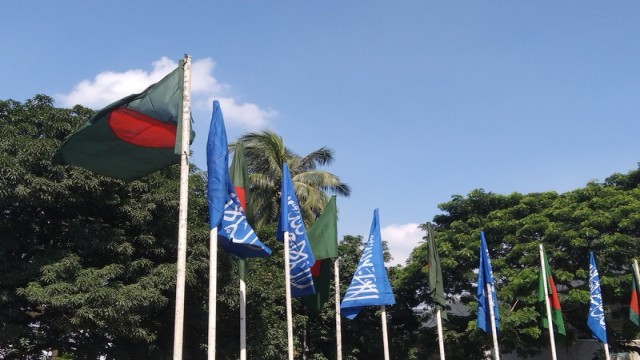
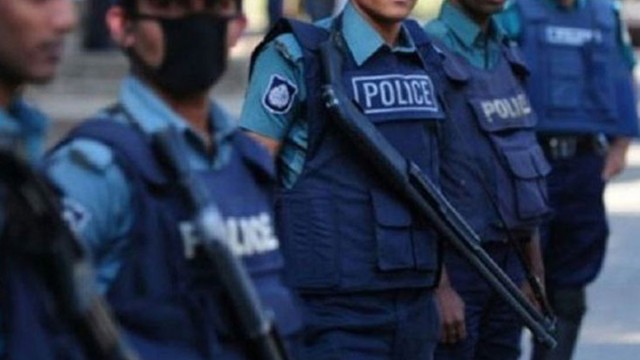
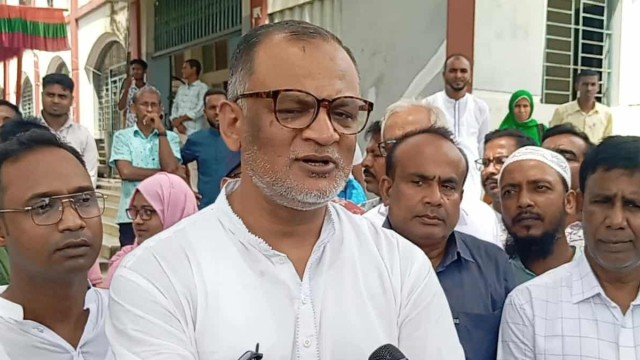


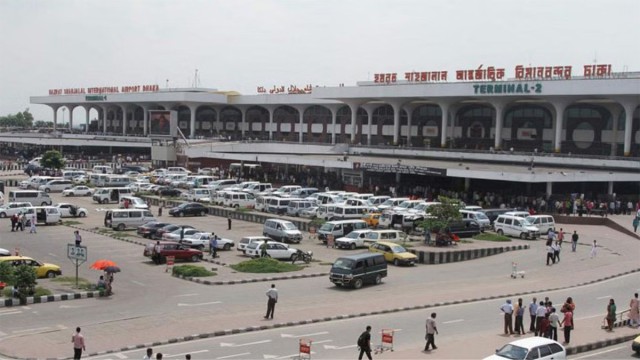
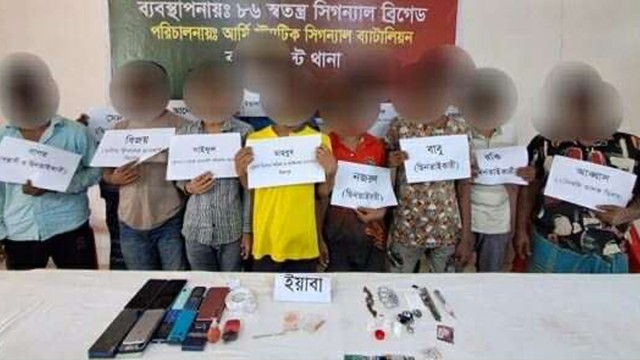

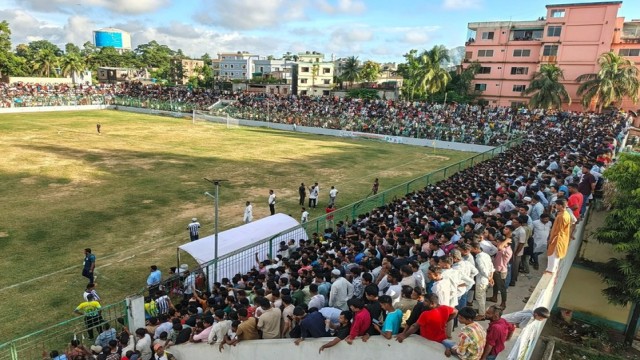
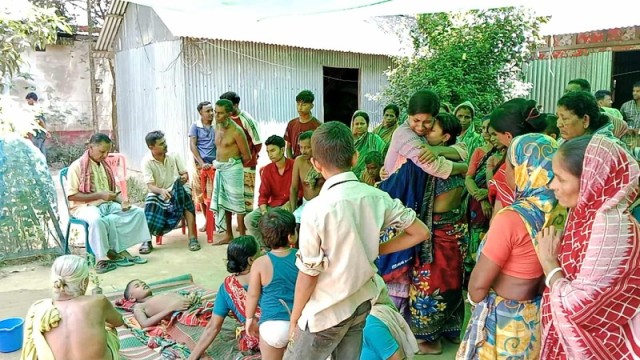


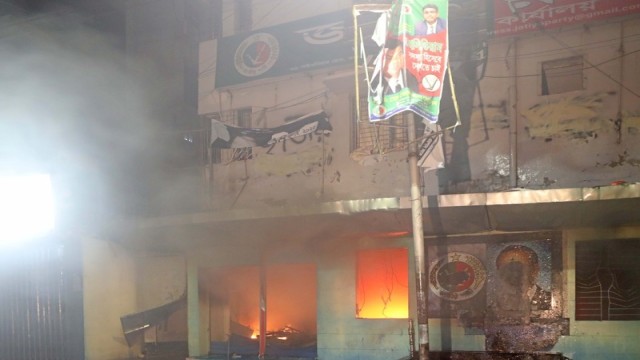
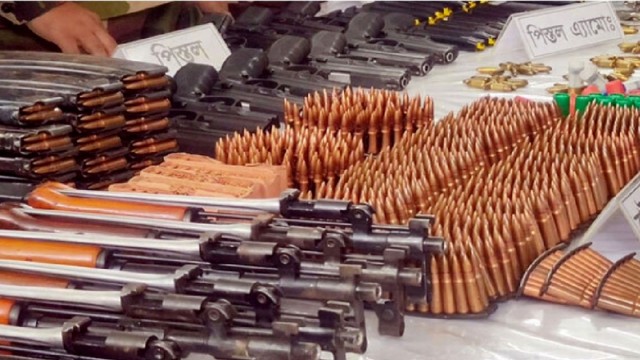


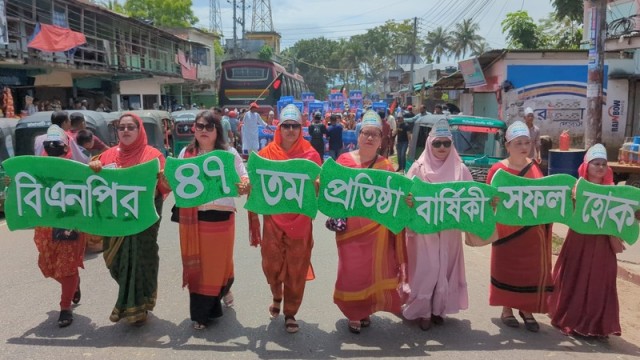
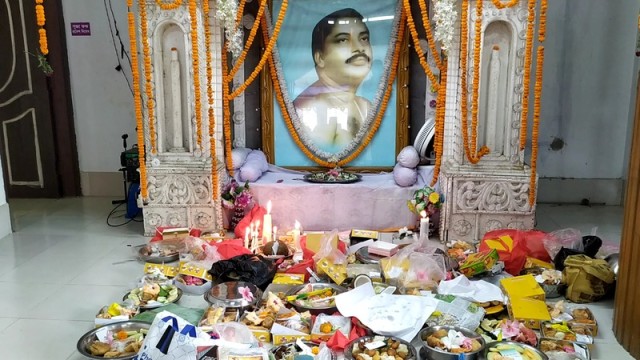
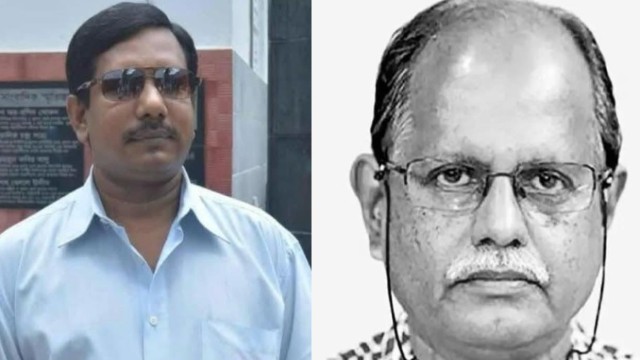

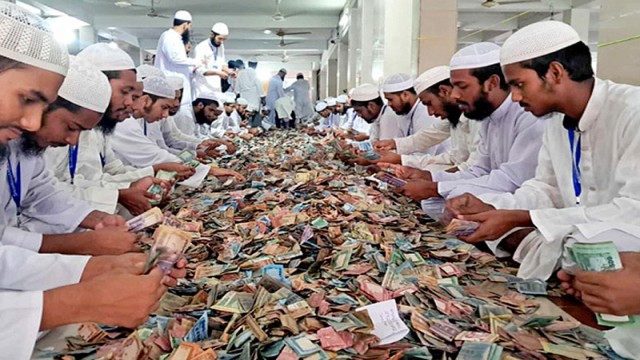

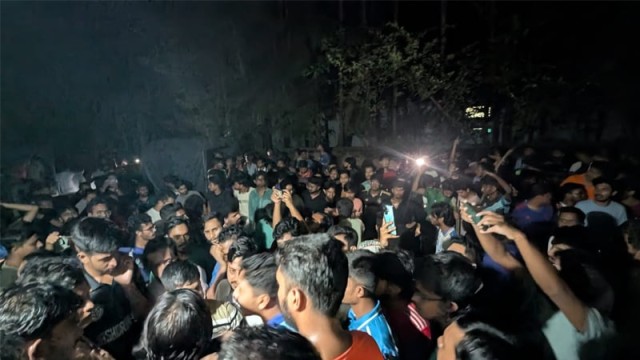
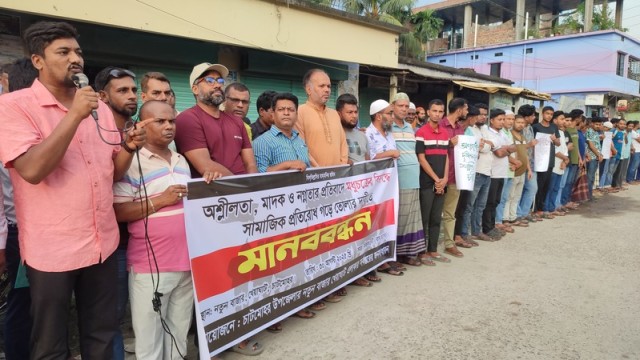
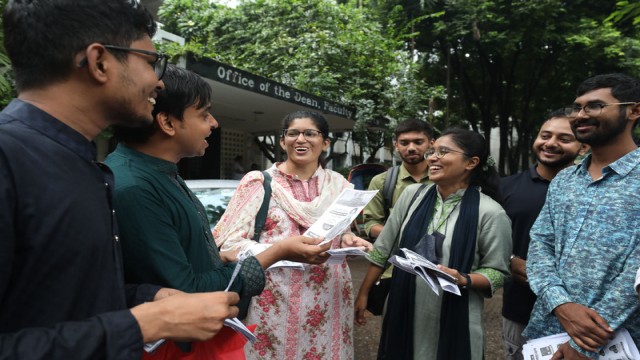
Comment: